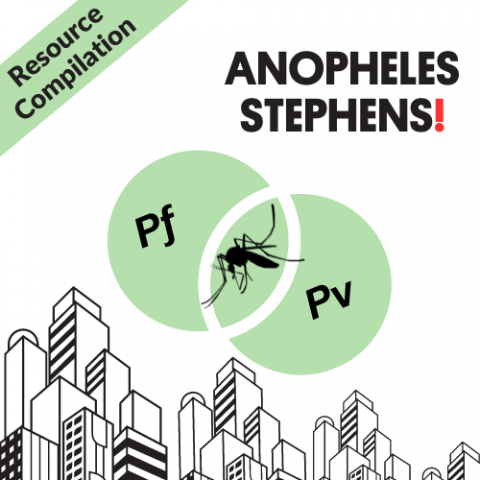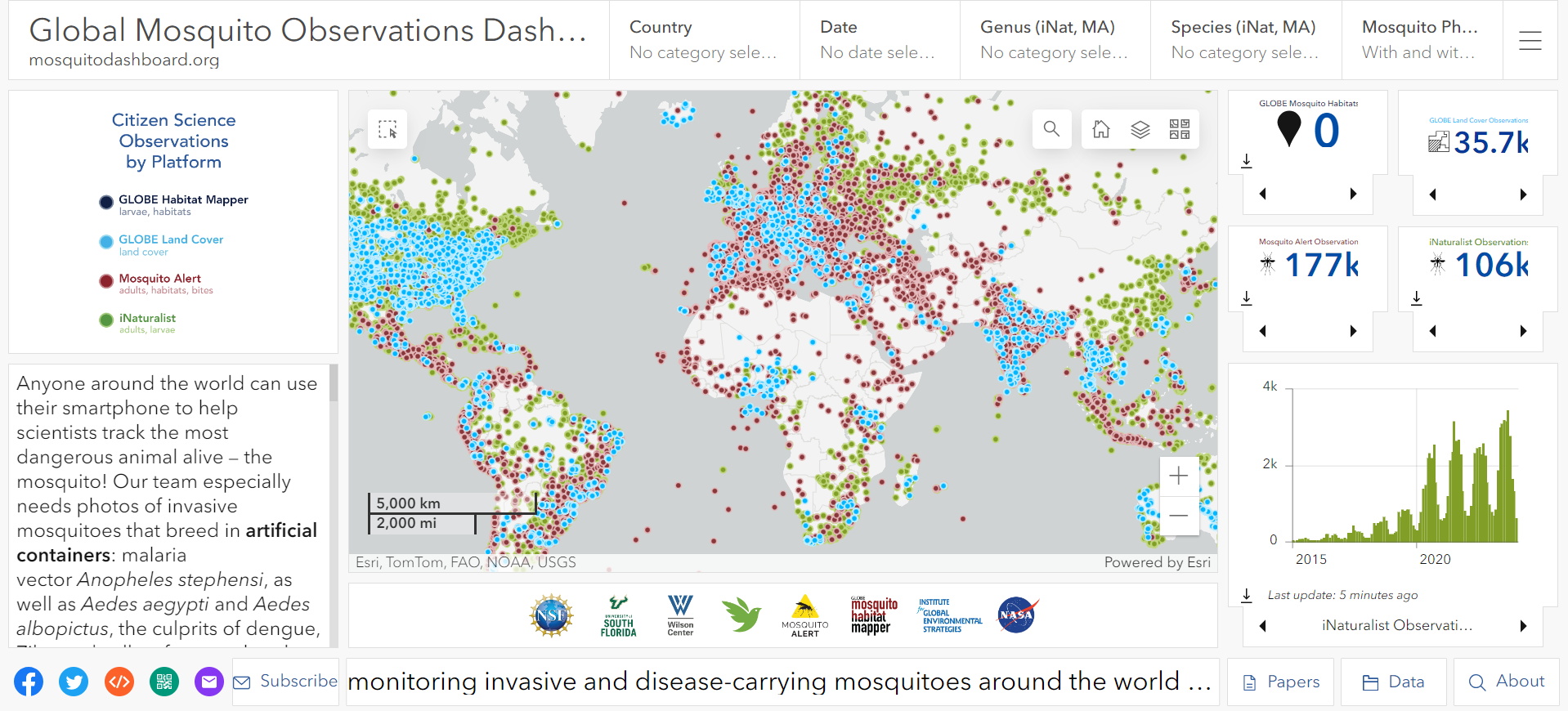Last Updated: 29/10/2024
Disrupting the mosquito larval midgut using novel pH responsive compounds
Objectives
In this project, Specific Aim 1 will assess the activity of pH responsive compounds that are tuned to the unique larval midgut environments of Aedes aegypti and Anopheles stephensi mosquitoes. An initial set of compounds developed by the lab in the MaMa and PTBD classes will be provisioned to larvae and their efficacy will be assess through SDS-PAGE, imaging, and proteomic studies. Specific Aim 2 will determine the ability of pH sensitive compounds to negatively impact larval development and deliver larvicidal compounds specifically to the midgut of immature mosquitoes. Compounds developed to perturb the larval gut will be evaluated for any deleterious effects that they have on the mosquito.
Mosquito borne pathogens afflict millions of people worldwide and their prevalence is anticipated to increase as mosquitoes and their pathogens become resistant to currently available drugs and insecticides. While drugs can be used to treat some mosquito borne pathogens, a majority of transmission control comes through targeting the mosquito vector itself. While insecticides targeting both adult and larval stages are available, larvicides have the advantage of targeting a constrained target that is unable to readily evade treatment. Unfortunately, only a few larvicides are available for use and their modes of action are limited. Thus, there is a critical need for selective novel larvicides with additional modes of action. Two novel delivery systems have been developed that target the uniquely high pH levels of the larval gut. The hypothesis is that provisioning these compounds to immature mosquitoes will allow the induction of lethal effects in mosquitoes of medical importance. Through a recursive set of aims whereby compounds are readily synthesized, tested and evaluated this hypothesis will be tested in two important mosquito vectors, the malaria vector Anopheles stephensi and the arboviral vector Aedes aegypti. In depth studies of their metabolism, membrane integrity, and larval and adult fitness will be conducted. By the end of this study, it will have assessed the activity of two chemically distinct sets of compounds in the midgut of larval mosquitoes. The long-term goal is to develop flexible and highly mosquito-specific larvicidal compounds with the capacity to leverage unique modes of action.
Aug 2023 — Jul 2025
$181,966


